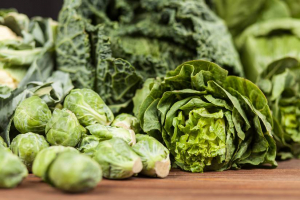Top 7 Newborn Vaccines For Your Baby
During the first few months of your baby's life, he or she will be given a number of vaccines and supplements. The American Academy of Pediatrics (AAP) and the ... read more...Centers for Disease Control and Prevention (CDC) both advocate a well-planned childhood immunization schedule. The CDC and AAP recommend the following newborn immunization vaccines for your baby's first months of life. Please, continue reading this article to know what your baby needs.
-
Hepatitis B is a liver infection caused by the hepatitis B virus that can be prevented by vaccination (HBV). Hepatitis B is spread when an infected individual's blood, sperm, or other bodily fluids enter the body of an uninfected person. Sexual contact, the sharing of syringes, other drug-injection equipment, or transmission from mother to infant during birthing can all result in this. Not everyone who becomes infected with HBV develops symptoms, but those who do may feel fatigued, lose appetite, have stomach pain, nausea, and jaundice.
There are 3 single-antigen vaccines and 2 combination vaccines that are legally approved in the United States which are ENGERIX-B, RECOMBIVAX HB, HEPLISAV-B as single-antigen hepatitis B vaccines, and PEDIARIX, TWINRIX as combination vaccines.
The most common vaccination schedule for kids and adults is three intramuscular injections, with the second and third doses delivered one or two and six months after the first dose, respectively. Alternative schedules for some vaccines have been approved. Heplisav-B (HepB-CpG, made by Dynavax) is a new formulation that has been approved for two doses, one month apart.
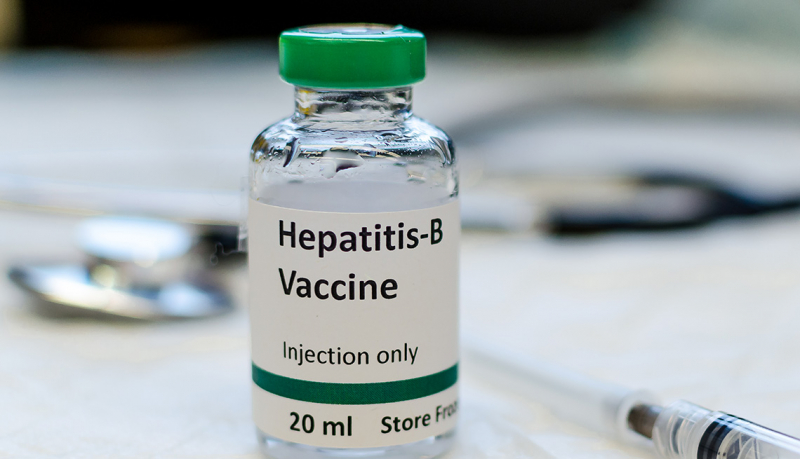
aarp.org 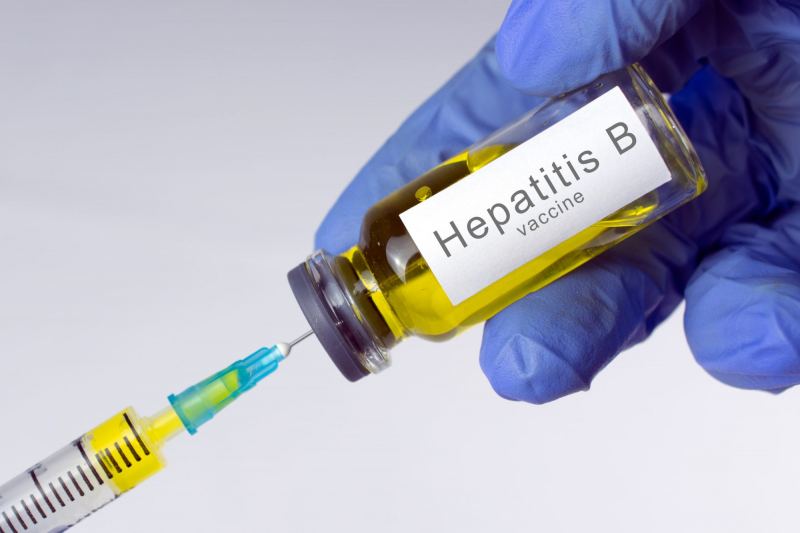
openaccessgovernment.org -
As we mentioned, the hepatitis B vaccine protects your baby from the hepatitis B virus, which causes liver illness. The virus is typically transmitted by bodily fluids such as blood, and in severe cases can result in permanent infection, scarring of the liver, malignancy, liver failure, and even death. Children are most likely to catch hepatitis B from infected adults, especially infected mothers after childbirth (which is why the vaccine is given to babies shortly after birth, before they leave the hospital).
The hepatitis B immunization schedule contains three shots: one at birth, one between one and two months, and one at six months. By the time your child is 6 to 18 months old, the entire series should be completed.
This is the first immunization your baby will receive in the hospital, typically within the first 12 hours of life. Because an infected mother may expose her infant to the hepatitis B virus after birth, obtaining the vaccine as soon as possible helps protect the newborn from catching the disease.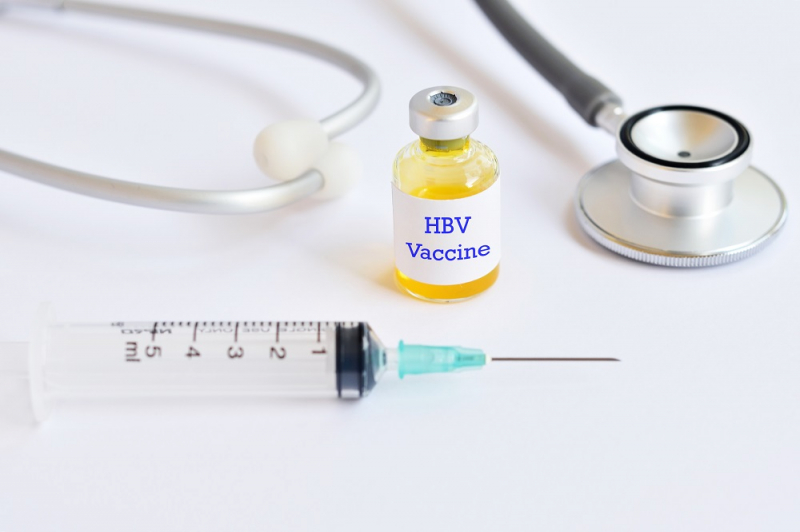
tudu.com.vn 
vaccineinjurylawproject.com -
The DTaP vaccine protects your newborn against three potentially fatal toxin-producing bacterial diseases: diphtheria, tetanus, and pertussis (whooping cough). Tetanus is a serious nerve illness that can cause the jaw to lock and is frequently encountered in filthy environments or as a result of poor wound care. Diphtheria affects little children's breathing and throat, and it can cause nerve, heart, and kidney problems. Pertussis is a highly contagious disease that primarily affects babies under the age of six months and produces severe and potentially fatal coughing fits. Getting the vaccine between 27 and 36 weeks of pregnancy is also an excellent method to help protect your baby from pertussis.
The DTaP vaccine is administered in single doses at 2, 4, and 6 months, 15-18 months, and years 4-6.
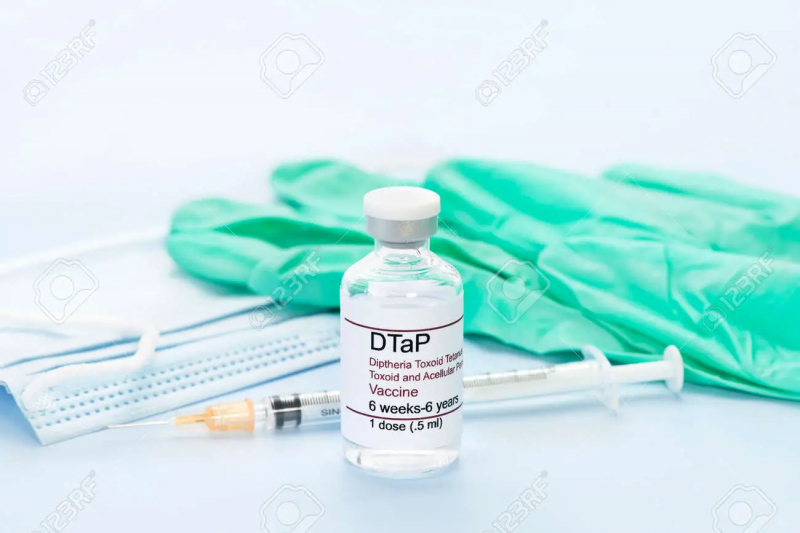
123rf.com 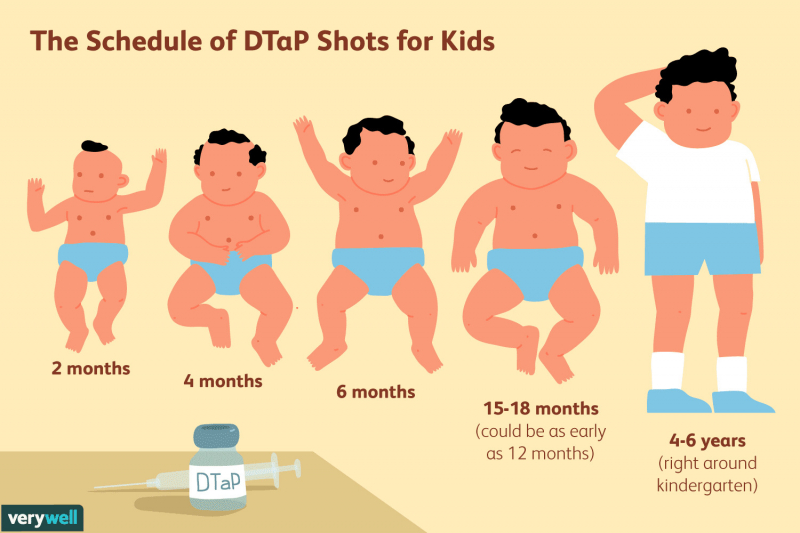
verywellhealth.com -
The Hib vaccination protects your kid from Haemophilus influenzae type b bacterium (Hib) sickness, which is most common in children under the age of five, and notably in babies aged four to twelve months. Hib bacteria, which are typically present in the nose and throat, can be spread from person to person. Hib can cause dangerous illnesses such as meningitis, an infection of the lining of the brain and spinal cord, pneumonia, swelling in the throat that makes breathing difficult, and various infections of the blood, joints, and bones if the germs move to the lungs or circulation.
Individual doses of Hib vaccine are given at 2, 4, and 6 months, as well as between 12 and 15 months. Depending on the brand of vaccine given by your doctor, the 6-month dosage may be optional.
If your kid misses a dose, make sure he or she gets the next one as quickly as possible. It's critical to follow to the schedule since Hib infections are most common between the ages of 6 and 12 months when babies get vaccinated for them. The Hib vaccination is safe to use in conjunction with other immunizations.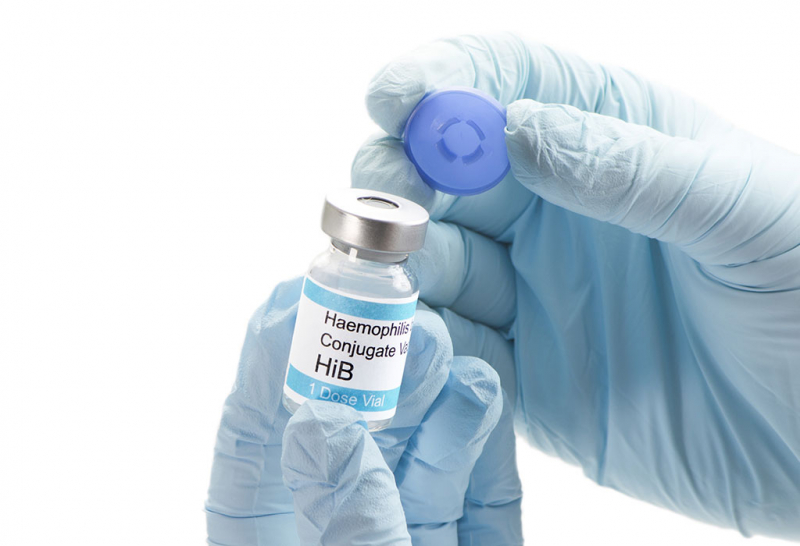
parenting.firstcry.com 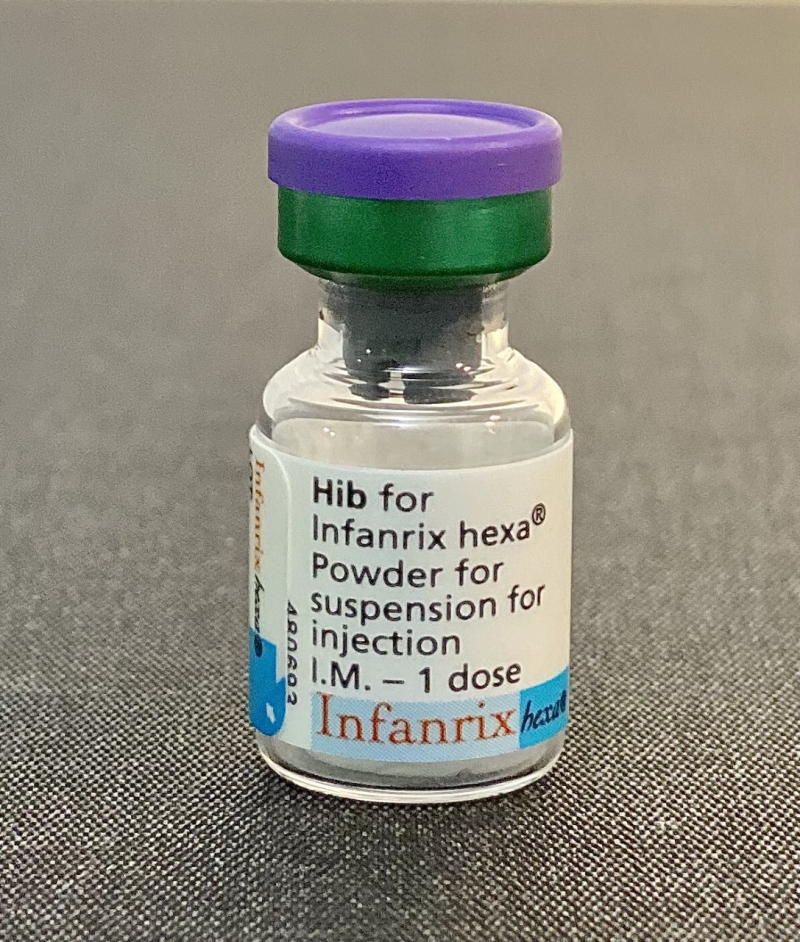
en.wikipedia.org -
RotaTeq, a rotavirus vaccination, protects your child against rotavirus, a bug that causes a terrible stomach sickness. This virus strain may make youngsters sicker than other strains that cause stomach flu. Rotavirus is highly contagious and, as a result, prevalent in young children. Between November and May, your child is most likely to become ill, especially if he hasn't received the vaccine and is often exposed to a large number of other children through daycare or playgroups. Babies should take this oral vaccine (no shots) in three doses, once at 2 months (the first dose must be received before 12 weeks), once at 4 months, and once at 6 months. All three doses must be finished before your infant reaches the age of seven months.
This vaccine can be administered concurrently with others. The rotavirus vaccine has a few minor adverse effects. Babies are somewhat more likely to suffer moderate, transient diarrhea or vomiting within a week of receiving a dosage.
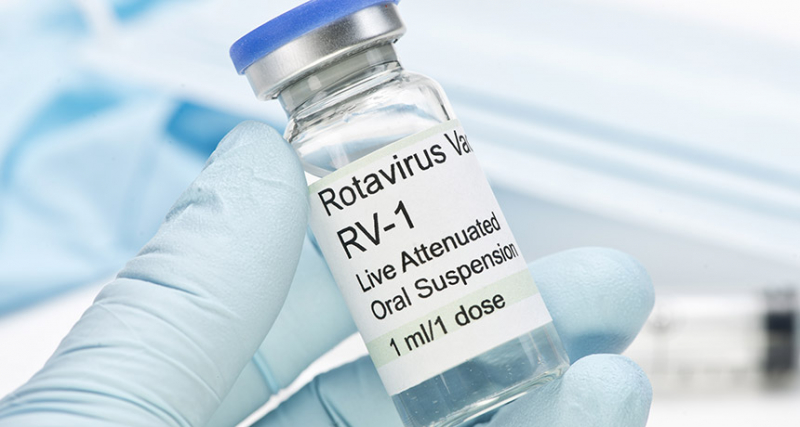
sciencenews.org 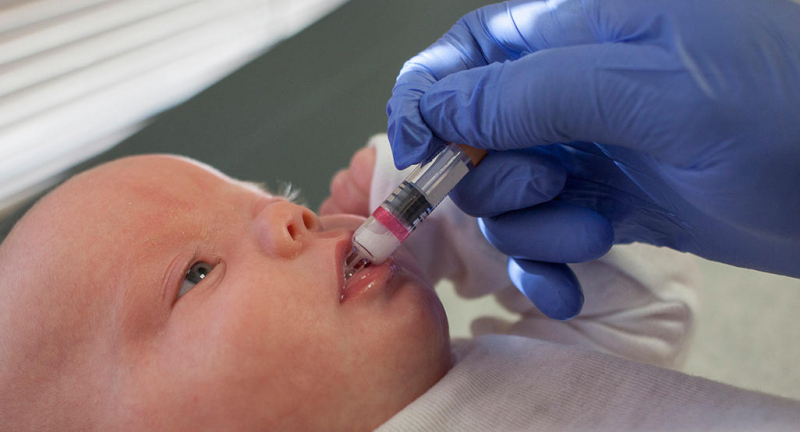
babycenter.com -
The polio vaccine safeguards your child against polio, a highly contagious disease that can result in paralysis. It usually affects youngsters under the age of five. Though the disease has been mostly eradicated in the United States thanks to more than five decades of vaccination, it was extremely hazardous to children (and scary to parents) during its height in the 1950s. Polioviruses are typically present in the throat and digestive tract and can be easily transmitted from person to person.
The polio vaccine schedule calls for a shot at 2, 4, and 6 to 18 months, as well as a fourth shot between the ages of 4 and 6 years. If your child receives the third dose after the age of four, the fourth dose is not required. The polio vaccination is safe to provide in conjunction with other vaccines. It is also included in the DTaP and hepatitis B combo vaccine.
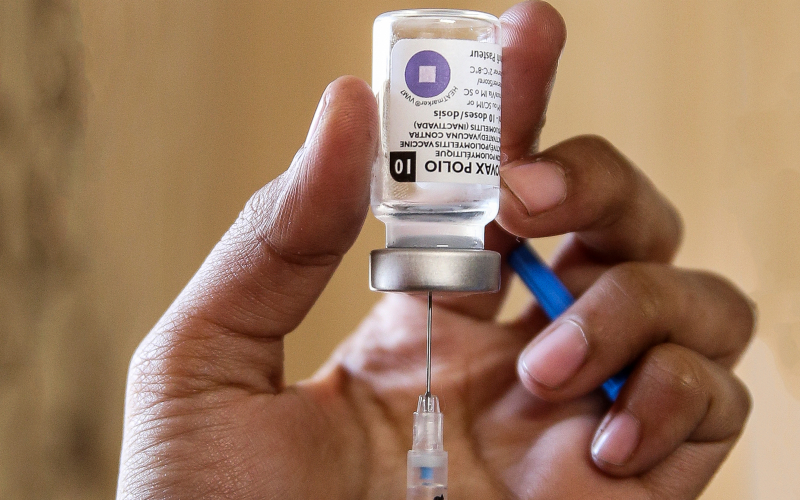
polioeradication.org 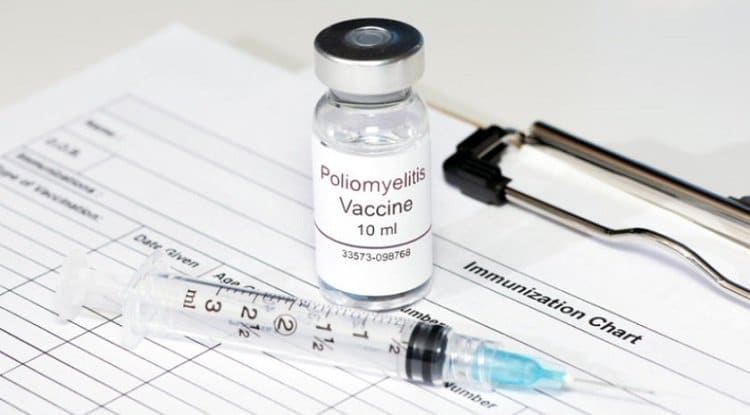
techexplorist.com -
The pneumococcal vaccine protects your child from the bacteria Streptococcus pneumoniae, which can cause serious infections. Pneumococcal bacteria, which are typically found in the nose and throat, can be spread from person to person, causing ear infections, pneumonia (lung infection), meningitis (infection of the lining of the brain and spinal cord), and bacteremia (an infection of the blood). Children under the age of two are the most vulnerable to severe forms of the disease.
The pneumococcal vaccine regimen recommends injections at 2, 4, 6, and 12 to 15 months of age. The pneumococcal vaccine is safe to provide in conjunction with other immunizations. Children who did not receive the vaccination before the age of two can still be immunized. And children aged 2 to 5 who have not yet been immunized and fall into one of the following high-risk groups should absolutely get it:
- Children who go to daycare
- Children with chronic illnesses such as heart disease, diabetes, and sickle cell disease
- Children who have HIV/AIDS or other immune-suppressive disorders
- Children of Alaskan Native, American Indian, and African American ancestry
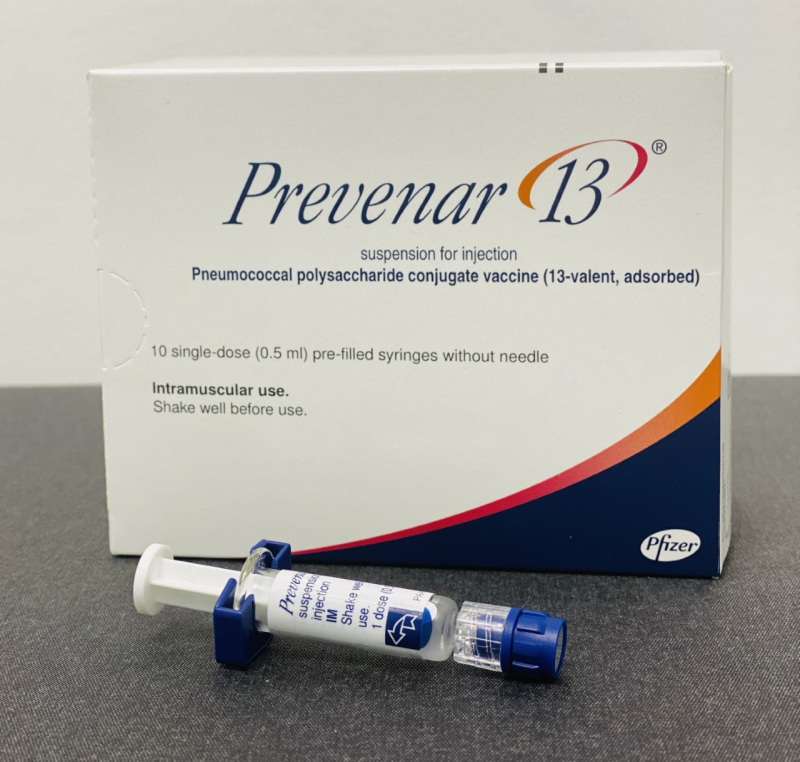
commons.wikimedia.org 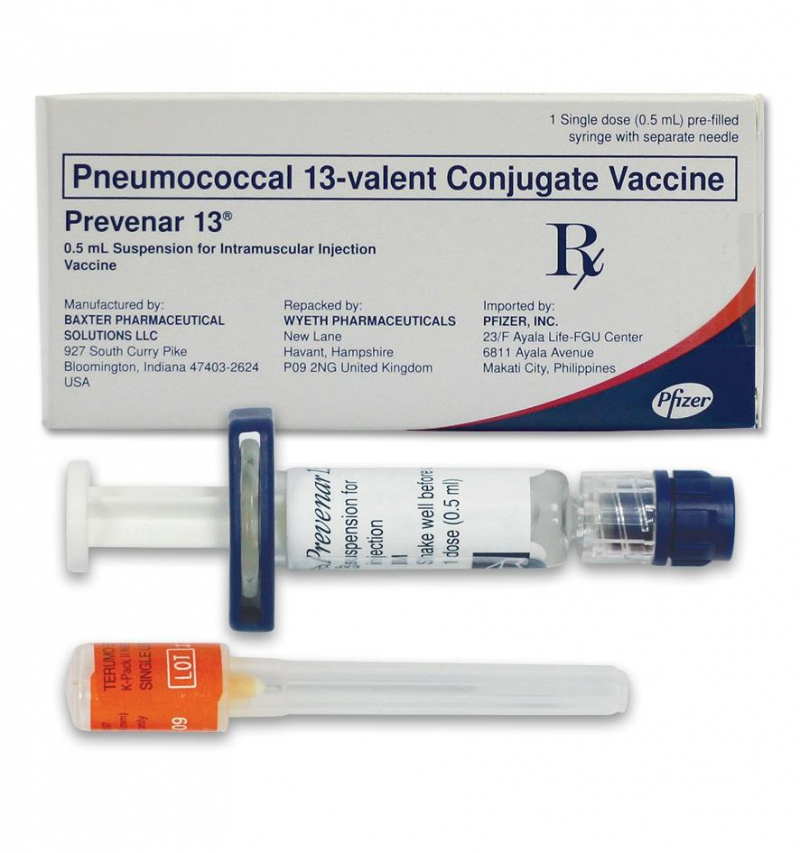
mims.com













